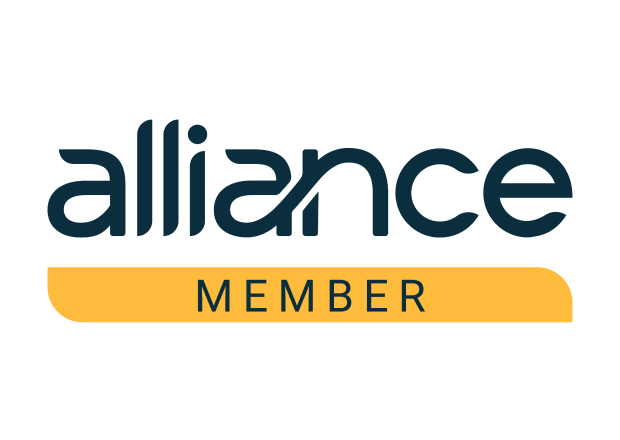Country and Culture Highlight: South Korea

There are many benefits to hiring Korean au pairs that extend beyond having an extra set of hands to help with childcare. They provide a unique opportunity to introduce a new language and culture to your family. By exposing your children to a rich culture outside of the one they are familiar with, you are expanding their worldview and teaching them how to become more open-minded and accepting of people different from them. If you are a Korean-American family, you are also providing them with a chance to connect with their heritage in a way they wouldn’t have been able to otherwise.
If you are considering a Korean au pair and have questions about the culture of South Korea, then you are in the right place. Read on to learn more about the country and culture of Korea and what you can expect from a Korean au pair from AuPairCare.
Country Facts
Korea is a long peninsula situated in eastern Asia. While the peninsula has been divided into North and South Korea since 1953, Koreans tend to still see themselves as a single nation united by a shared culture and history. All of AuPairCare’s au pairs are from South Korea. South Korea has a population of 51 million with Seoul being its capital.
Korea is filled with beautiful scenery consisting of mountains and valleys. The two most notable mountain ranges are the Tabebaek Mountains and the Sobaek Mountains. While small compared to other mountains in the world, these mountains are stunning and instrumental in Korea’s geography.
Communication Style
Koreans tend to rely on indirect communication through posture, facial expressions, and tone of voice, rather than words. Despite this, Koreans are typically more reserved and make fewer facial expressions and gestures. Silence is also extremely important in Asian communities, as it shows you gave thoughtful consideration to your response. Some gestures that are considered rude in Korea are pointing with your finger. Instead, use your entire hand, or use a left hand for greetings. It’s also important to address Koreans by their family name, as it is a form of good etiquette and respect.
Au pairs from South Korea tend to be quiet, prepared and polite. They are also generous, warm, kind, and extremely hardworking.
Korean au pairs can be more independent and strong-willed than au pairs from other Asian countries, which is great for a child caretaker.
Cooking
Traditional Korean meals consist of rice, seasoned cabbage (kimchi), and a variety of vegetables. In Korea, it's not common for people to follow a vegetarian diet, as most Koreans eat meat. However, many Korean au pairs are willing to try and often find themselves enjoying Western foods such as bread, steak, pizza, and pasta.
English
In South Korea, it is mandatory for children to learn English. English is a required course and children in South Korea typically begin learning it in elementary school and continue through university. It is not uncommon for some students to have a private teacher for this as well.
Schools previously focused on teaching English writing more than spoken English, so au pairs may benefit from the host family sending questions or important information in writing.
Driving
In Korea, the minimum age for driving is 18, but most people obtain their driver's licenses between the ages of 21 and 22. Although it's not difficult to get a license, it can be costly. Au pairs from South Korea are likely to be used to much smaller vehicles and may find American cars, trucks, and SUVs to be intimidating when they first start to drive in the US.
Language
There are 75 million people who speak Korean worldwide. The U.S. Department of State categorizes Korean as a Level IV Language, indicating that it is particularly challenging for English speakers to learn, and requires an average of 88 weeks or 2200 hours of study.
Highlight
Chuseok, otherwise known as Korean Thanksgiving, is one of the most important holidays celebrated in Korea. Typically held in September, it is a harvest festival that honors ancestors and thanks them for a successful harvest. Being a harvest festival, it carries a lot of the traditions and values that the American version does, but is known to have a deeper, more spiritual meaning. Chuseok celebrations include “Charye”, a memorial service held in the home for family members that have passed, “Seongmyo”, a visit to the family’s ancestral graves, and “Beolcho”, time spent tidying the graves and removing debris. Like American Thanksgiving, on Chuseok, families gather, food is shared, and games are played. However, Chuseok extends over multiple days making it a long holiday that is filled to the brim with joy, love, and laughter.”
If you’re a parent, chances are that at some point you have wished for an extra pair of hands or two to help make your life a little easier. Hiring a Korean au pair from AuPairCare, leading au pair agency, is a great solution. Korean au pairs bring with them a unique set of skills and expertise in childcare that can enrich both your child's life and yours. If you are looking for reliable Asian au pairs, trust AuPairCare to help you find the perfect fit for your family.
Request More Information


.png)

.webp)







